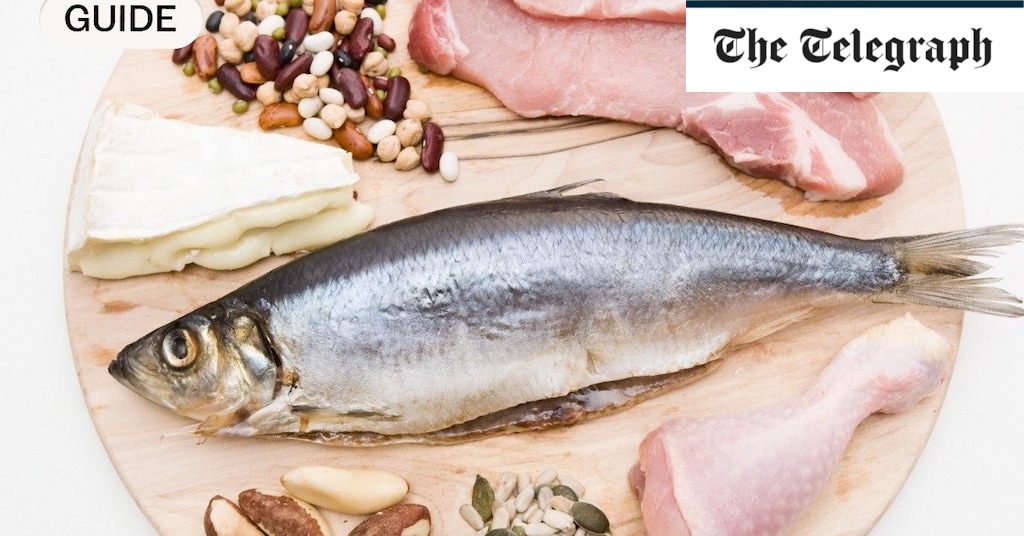Phase 2: Cruise
This continues until you reach your “true weight,” which is the healthy weight you can maintain based on your age, gender, height, and weight loss history.
In addition to the 68 high-protein foods allowed in phase one, you can add 32 vegetables, including a small amount of olive oil. This phase alternates between two days; on day one you are restricted to attack phase foods, and on day two you are restricted to attack phase foods and vegetables. One serving of carrots or beetroot daily. Two tablespoons of oat bran daily. Exercise for 30 minutes daily.
Phase 3: Integration
From now on, you will prevent weight gain by gradually introducing “forbidden” foods like fruits and starchy vegetables and allowing yourself two “celebration meals” per week. Do this phase for five days for every pound you lost during the cruise phase.
Attack and Cruise Phase foods can be used in combination with the following foods:
Fruit: 1 serving per day (such as 100g of berries or chopped melon, 1 medium apple, orange, pear, peach, nectarine, or 2 kiwis, plums, or apricots) Bread: 2 slices of whole wheat bread daily with a little low-fat butter or spread Cheese: 1 serving per day (1.5 ounces or 40 grams) Starch: 1 to 2 servings per week (8 ounces (225 grams) of pasta or other grains, such as corn, beans, legumes, rice, and potatoes) Meat: Roast lamb, pork, or ham 1 to 2 times per week Celebration meals: appetizer, main course, dessert, and 1 glass of wine 2.5 tablespoons of oat bran daily Exercise 25 minutes per day Eat only lean protein one day per week
Phase 4: Stabilization
Once you've reached your goal weight, you'll be in this phase indefinitely. There are no restrictions on what you can eat, but to maintain your desired weight, Dukan suggests following these rules:
Eat only pure protein foods one day a week Exercise/walk for 20 minutes daily Consume 3 tablespoons of oat bran daily Avoid using elevators or escalators if stairs are available
Back to index
“Nutritionally, this is a terrible diet and goes against healthy eating guidelines,” Kellow says, including the recommendation of five servings of fruits and vegetables a day. “There is very strong evidence that these foods reduce the risk of a range of longevity diseases, including heart disease, some cancers and stroke.”
Kellow also points out that, especially at first, you'll likely experience some of the typical symptoms associated with going extremely low on carbs. Side effects range from:
Fatigue, dizziness, insomnia, extreme hunger, nausea, difficulty concentrating, bad breath, weakness, constipation
“Following the Dukan Diet significantly limits the amount of fiber in your diet, so adding some oat bran is not going to get you enough fiber,” Kellough continues.
“To be healthy, we need to consume 30 grams of fiber every day. One tablespoon of oat bran has less than 3 grams of fiber. We know that fiber helps prevent various cancers, including colon cancer, but higher fiber and whole grain intakes also improve heart health.”
Dr. Vepa agrees, pointing out the health risks uncovered in recent studies: “Diets that eliminate or restrict vegetable intake are very bad because they reduce your intake of polyphenol antioxidants, which we know are associated with a lower risk of almost every disease, especially cardiovascular disease.”
A 2015 study of 51 women who followed the Dukan diet found multiple nutritional abnormalities and that continuing the diet long-term may increase the risk of osteoporosis, heart disease, kidney disease, and liver disease.
Dr. Vepa also warns that this diet can cause:
IBS symptoms and disruption of the gut flora Increased risk of developing kidney stones Increased risk of cardiovascular disease Increased risk of colon cancer
Back to index
With any restrictive diet, it's important to take into account your overall health, your dietary needs, and your relationship with food. “Because these diets eliminate certain food groups and severely restrict your food intake, they can set up patterns of disordered eating,” says Kellow. “They make you hungry more often, and when you're hungry, you start thinking about food more, which in turn creates cravings that lead to overeating and unhealthy food choices, creating a cycle of overeating and starvation.”
Nutritional deficiency with no scientific basis
“The Dukan Method is outdated and science has come a long way since the 1970s,” says Dr. Vepa. “For a weight-loss diet that's heart-healthy, reduces disease risk and improves overall health, I recommend a balanced diet rich in whole foods, including a variety of fresh fruits and vegetables, and low in highly processed foods and refined sugars.”
“The only positive thing about the Dukan diet is the idea of restricting carbs,” says Dr. Vepa, “but healthy eating isn't about eating more protein, it's about eating fewer sugary carbs to feel full.”



